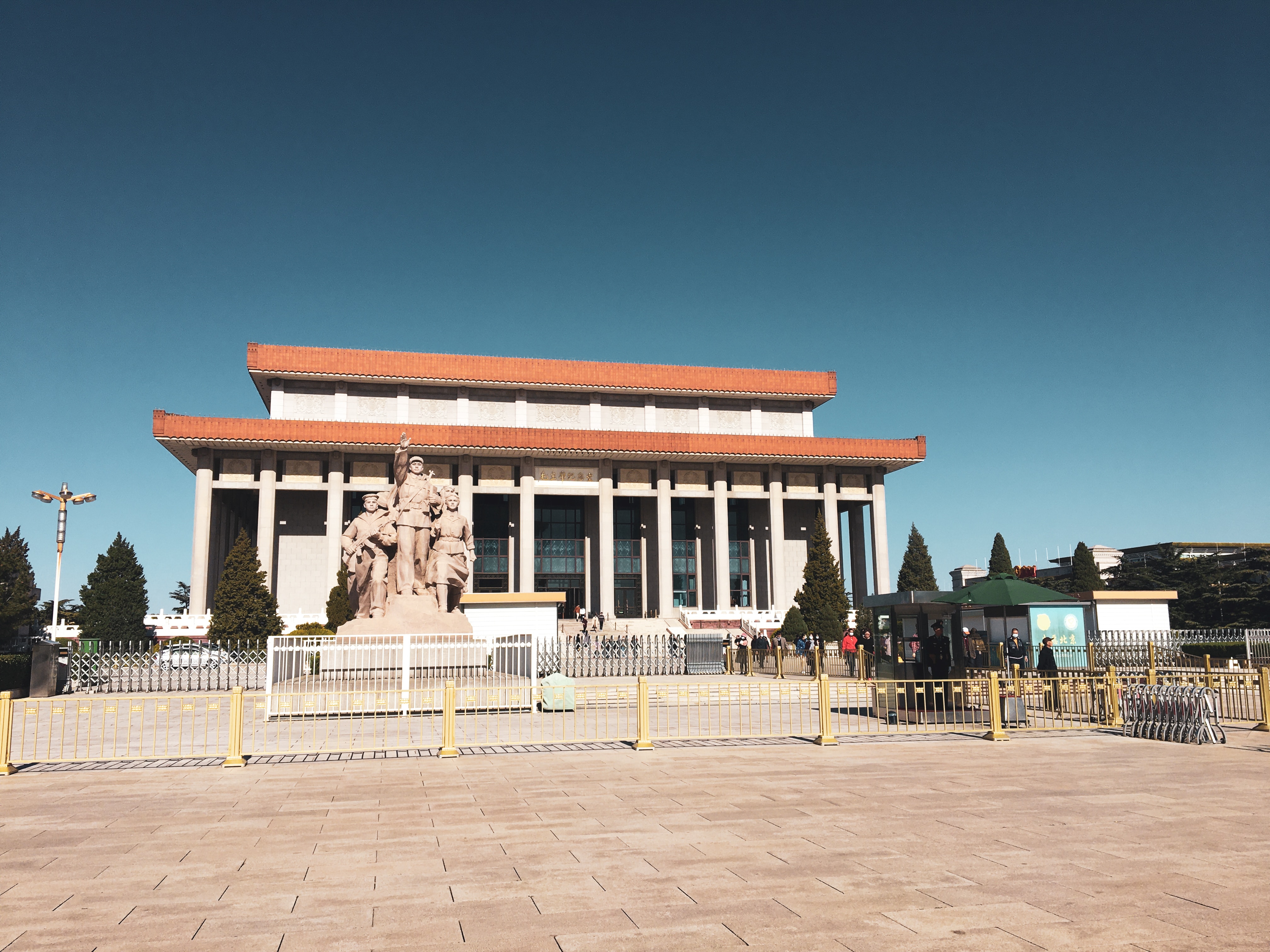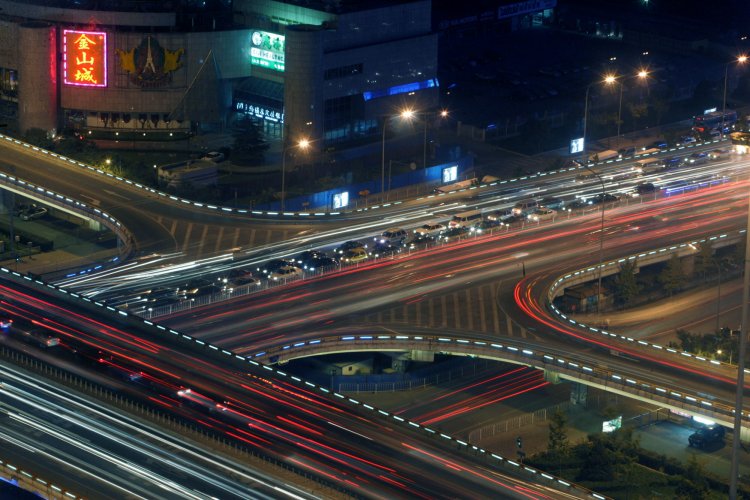Beijing News You Might Have Missed This Week, Aug 19
Beijing pilots vertical, digital cemeteries to address land scarcity and aging population: In the face of accelerating land shortage and a rapidly aging population, Beijing is turning to digital, vertical burial spaces, reports Bloomberg. A traditional burial in Beijing involves cremation, with ashes interred behind a gravestone at a public cemetery. However, this practice is undergoing a revolution, with traditional gravestones being replaced by electronic screens portraying the deceased, offering a cost-effective alternative. Local resident Zhang Yin opted for a novel funeral for her late grandmother earlier this year, leading the way to a new trend. Her grandmother's ashes were stored in a compartment similar to a bank's safe deposit box at Taiziyu Cemetery, with an electronic screen replacing the standard headstone.
As China grapples with an increase in annual deaths and urban land scarcity, both local governments and funeral service companies are exploring innovative burial rites. The State Council aims to decrease land use for public cemeteries by 30 percent by 2035. This shift, driven by China's population of 1.4 billion, and the world's highest demand for funeral services, is seen as crucial to conserve land and reduce costs.

Beijing mobilizes flood recovery operations in affected town: In the aftermath of the devastating floods triggered by Typhoon Doksuri, Tanzhesi town in Beijing's Mentougou District is currently undergoing critical road restoration and village disinfection, reports China Daily. The severe weather conditions impacted 47 percent of the town's villages. As of Aug 9, all the village roads in the region have been successfully restored and are now operational. Power and internet connectivity have also been reinstated. However, the restoration of water supply pipelines in several villages remains a work in progress.
The incident has been declared the most catastrophic natural disaster in the history of Mentougou District, according to the district's party chief, Yu Huafeng. The disaster has had a severe impact, with an estimated 310,000 people, representing 77 percent of the district's population, directly affected. More than 8,418 homes have been demolished, with an additional 26,493 suffering extensive damage. Vital infrastructure, such as urban and rural roads, electricity, water supply, and communication facilities, has also experienced widespread damage. Reconstruction endeavors are slated to commence in 40 villages across the district.

Beijing unleashes policy support to boost robotics industry growth: Beijing's Municipal Bureau of Economy and Information Technology has launched a plan aimed at propelling the city's robotics industry, pledging up to 30 million yuan in policy support for major projects, reports China Daily. Key measures include substantial subsidies for companies tackling technological difficulties such as robot operating systems and sensor development. Companies achieving unmanned, intelligent manufacturing could receive up to 30 percent of their investment, capped at 30 million yuan.

Read:Beijing News You Might Have Missed This Week, Aug 12
Images: Unsplash







